There is a great variety of webinars and online events happening in the D&D world that we don’t want you to miss out on! Last week we mentioned, NCDDer Chris Santos-Lang has an upcoming webinar on making research transparent that we encourage you to check out. As well as, webinars from NCDD member orgs, MetroQuest, Bridge Alliance, Living Room Conversations, National Issues Forums Institute, and New Directions Collaborative!
Do you have a webinar or other event coming up that you’d like to share with the NCDD network? Please let us know in the comments section below or by emailing me at keiva[at]ncdd[dot]org, because we’d love to add it to the list!
Online Roundup: MetroQuest, Bridge Alliance, CSA’s Ethics Working Group, Living Room Conversations, NIFI, New Directions
MetroQuest webinar – “Public Engagement at All Scales | CMAP’s Winning Recipe”
 Wednesday, January 30th
Wednesday, January 30th
11 am Pacific | 12 pm Mountain | 1 pm Central | 2 pm Eastern (1 hour)
Educational Credit Available (APA AICP CM)
Complimentary (FREE)
For the Chicago Metropolitan Agency for Planning, award-winning comprehensive plans involve public engagement at all scales, collaboration with 284 communities, and a Local Technical Assistance program that’s admired nationally. Join us January 30th to get inspired!
CMAP Deputy Executive Director of Planning Stephane Phifer, Associate Outreach Planner Katanya Raby, and Senior Planner Lindsay Bayley will take you inside their local approach to online engagement for OnTo2050 – their comprehensive regional plan to improve quality of life and economic prosperity for 8.5 million people.
Public feedback was essential to exploring alternative futures for innovative transportation, climate change, walkable communities, a transformed economy, and constrained resources. You’ll learn how CMAP used a multi-phased approach to online engagement for a variety of local plans, including the downtown Aurora Master Plan.
Attend this complimentary 1-hour webinar to explore effective ways to:
- Engage inclusively to build inclusive plans
- Uncover the ideas, hopes, and concerns of residents
- Take a multi-phase approach to online engagement
- Think both locally and regionally for collaborative planning
This webinar will include a live Q&A session to help you prepare for 2019. Bring your public engagement questions for Stephane, Katanya, Lindsay, and Dave Biggs, Chief Engagement Officer at MetroQuest.
REGISTER: http://go.metroquest.com/Public-Engagement-at-All-Scales-CMAPs-Winning-Recipe.html
Bridge Alliance webinar – BridgeUSA Peer Learning Session – Achieving Diversity: An Example *this webinar is for Bridge Alliance members only – learn more here

Wednesday, January 30th
12 pm Pacific, 3 pm Eastern
Manu Meel will discuss how the Bridge Alliance and its members can achieve greater diversity in the revitalization movement. Specifically, he will present on:
- BridgeUSA’s lack of diverse leadership.
- The importance of diversity.
- How BridgeUSA is prioritizing diversity within its organization.
- What lessons other Bridge Alliance organizations can draw from its example.
We are very excited to host this event for Bridge Alliance member organizations through Zoom Video Conference, and we hope you will be able to join us.
If you wish to attend this event, please RSVP by January 24th.
RSVP: www.bridgealliancefund.us/bridgeusa_peer_learning_session
Ethics Working Group of the Citizen Science Association webinar – How to Make Your Research Transparent
* shared via NCDD member Chris Santos-Lang
Thursday, January 31st
9-10 am Pacific, 12-1 pm Eastern
A Webinar from CSA’s Ethics Working Group, presented by Chris Santos-Lang (Ethics Working Group Co-Chair)
This webinar is a practical how-to demonstrating some of the latest technologies developed to satisfy the transparency principles in the European Citizen Science Association’s Ten Principles of Citizen Science and the DIYbio Codes of Ethics. It will demonstrate two free solutions as examples: One is the Open Science Framework and the other is a homespun mixture of Google Drive, Google Docs, and FigShare. Both solutions leverage PubPeer, Creative Commons licenses, and research standards. This webinar also introduces the “APRICOT” mnemonic to map the range of transparency failures, and discusses the concerns that drive current negotiations between transparency and privacy.
About Chris: Chris Santos-Lang co-chairs the Ethics Working Group of the Citizen Science Association. He applies citizen science to ethics (e.g. studying moral psychology, machine ethics, and the sociology and political science of ethics).
If you experience any issues in registration, please email: info@citizenscience.org
REGISTER: https://citizenscience.member365.com/public/event/details/78a40bcdbcf4cbe1486b57996f0434fc336d9953/1
Training (free): The Nuts & Bolts of Living Room Conversations

Thursday, January 31st
This event begins at 1pm (PT); 2pm (MT); 3pm (CT); 4pm (ET)
Join us for 60 minutes online to learn about Living Room Conversations. We’ll cover what a Living Room Conversation is, why we have them, and everything you need to know to get started hosting and/or participating in Living Room Conversations. This training is not required for participating in our conversations – we simply offer it for people who want to learn more about the Living Room Conversations practice.
Space is limited to 12 people so that we can offer a more interactive experience.
Please only RSVP if you are 100% certain that you can attend.
This training will take place using Zoom video conferencing. A link to join the conversation will be sent to participants by Thurs 10am (PT) / 1pm (ET).
Questions and RSVP to Mary@LivingRoomConversations.org
Living Room Conversations webinar – Mental Health

Thursday, January 31st
1:30-3 pm Pacific, 4:30-6 pm Eastern
Join us for a free online (using Zoom) Living Room Conversation on the topic of Mental Health. Please see the conversation guide for this topic. Some of the questions explored include:
- What experiences in your life, your work or your family inform your thinking about mental health?
- Is mental health an important issue in your community, and if so, why?
- In your experience, how are mental health issues affecting young people? (If you are a young person, how do mental health issues affect you and your peers?)
You will need a device with a webcam to participate (preferably a computer or tablet rather than a cell phone).
Please only sign up for a place in this conversation if you are 100% certain that you can join – and thank you – we have many folks waiting to have Living Room Conversations and hope to have 100% attendance. If you need to cancel please return to Eventbrite to cancel your ticket so someone on the waitlist may attend.
A link to join the conversation and additional details will be sent to you by no later than the day before the conversation. The conversation host is Lewis G.
REGISTER: www.livingroomconversations.org/event/online-living-room-conversation-mental-health-2/
National Issues Forums Institute – “A House Divided: Issue Guide Moderator Training
 Friday, February 1st
Friday, February 1st
9:30 am Pacific, 12:30 pm Eastern
Join us on Friday February 1st at 12:30p Eastern/9:30am Pacific time for an online workshop on how to moderate a NIF forum using the new issue guide on politics in America, “A House Divided: How Do We Get The Political System We Want? What Would We Have To Give Up To Get It?”
We will discuss each of the three options in depth, outline key deliberative questions you as the moderator could ask of participants to encourage quality dialogue, as well as ways to help your participants reflect on this controversial topic. We will also discuss the upcoming A Public Voice program NIFI collaboratively holds each year in Washington DC to share with policymakers how people are thinking about wicked issues. There will be additional time for any questions you may have about how to host a forum, how to encourage students to participate, and tips and hacks for moderating face-to-face and online with Common Ground for Action.
REGISTER: www.nifi.org/en/events/house-divided-issue-guide-moderator-training
Living Room Conversations webinar – Status & Privilege

Friday, February 1st
2-3:30 pm Pacific, 5-6:30 pm Eastern
Join us for a free online (using Zoom) Living Room Conversation on the topic of Status & Privilege. Please see the conversation guide for this topic. Some of the questions explored include:
- What status do you enjoy? Education, wealth, gender, race, etc?
- What are the privileges of your status?
- What do you value and how is that connected to your status or privilege?
You will need a device with a webcam to participate (preferably a computer or tablet rather than a cell phone).
Please only sign up for a place in this conversation if you are 100% certain that you can join – and thank you – we have many folks waiting to have Living Room Conversations and hope to have 100% attendance. If you need to cancel please return to Eventbrite to cancel your ticket so someone on the waitlist may attend.
A link to join the conversation and additional details will be sent to you by no later than the day before the conversation. The conversation host is Shay M.
REGISTER: www.livingroomconversations.org/event/online-living-room-conversation-status-privilege-3/
Living Room Conversations webinar – Women and Political Leadership

Monday, February 4th
1-2:30 pm Pacific, 4-5:30 pm Eastern
Join us for a free online (using Zoom) Living Room Conversation on the topic of Women & Political Leadership. Please see the conversation guide for this topic. Some of the questions explored include:
- Do you believe that having women in political leadership provides a different kind of voice? Why or why not?
- Describe a powerful woman politician’s leadership moment you’ve experienced.
- Are there issues around women’s political leadership that concern you?
- What is your hope or aspiration for women in politics?
You will need a device with a webcam to participate (preferably a computer or tablet rather than a cell phone).
Please only sign up for a place in this conversation if you are 100% certain that you can join – and thank you – we have many folks waiting to have Living Room Conversations and hope to have 100% attendance. If you need to cancel please return to Eventbrite to cancel your ticket so someone on the waitlist may attend.
A link to join the conversation and additional details will be sent to you by no later than the day before the conversation. The conversation host is Steve F.
REGISTER: www.livingroomconversations.org/event/online-living-room-conversation-women-and-political-leadership-3/
Bridge Alliance #DemocracyChat [on Twitter]
 Tuesday, February 5th
Tuesday, February 5th
5 – 7 pm Eastern
On February 5th, @BrdgAllianceUS will ask supporters four questions about civic engagement. The event, titled #DemocracyChat, will give you and anybody else who is interested in the revitalization field the opportunity to connect with Bridge Alliance leaders and become part of the conversation. So make sure to follow @BrdgAllianceUS and use the hashtag #DemocracyChat once the questions are revealed next Tuesday.
New Directions Collaborative webinar – Meetings That Do More
Wednesday, February 6
12:00 PM – 2:00 PM EDT
Imagine leaving a meeting feeling inspired, energized by new ideas, with enhanced goodwill toward your colleagues and a shared sense of clarity on where to go next. In this interactive on-line workshop, you will learn practical tools for creating meetings that deliver multiple benefits. Key topics include:
- How to clarify the strategic context and range of outcomes for a meeting
- How to frame strategic questions for the group to explore
- An introduction to, and experience of, participatory meeting methods that can also work on-line
- How to structure an agenda with samples of agenda designs
The workshop will be held on Zoom video conferencing where you will experience how to host effective meetings virtually, including with small group conversations. You will receive several handouts full of resources and guidance to help you design and facilitate future meetings.
Beth Tener of New Directions Collaborative will facilitate, sharing methods she has practiced in work with over 150 organizations and collaborative initiatives, concerning socially responsible business, sustainability, local food systems, education, climate action, racial equity, and transportation.
This workshop is the first in a series. You can attend one or the series.
Workshop fee is $70. Please click below to register.
If this fee is a barrier to participating, please contact Beth at btener@ndcollaborative.com – discounts are available to make this accessible to all interested.
REGISTER: www.ndcollaborative.com/events/
Living Room Conversations webinar – Free Speech, Fighting Words, and Violence

Wednesday, February 6th
4:30-6 pm Pacific, 4-5:30 pm Eastern
Join us for a free online (using Zoom) Living Room Conversation on the topic of Free Speech, Fighting Words, & Violence. Please see the conversation guide for this topic. Some of the questions explored include:
- How do we protect free speech and ensure public safety despite ongoing threats of violence?
- Have you had a personal experience where free speech was inhibited? Or have you ever felt harmed by the speech of others?
- How do we decide what our collective, social morality is? What is the federal government’s role?
You will need a device with a webcam to participate (preferably a computer or tablet rather than a cell phone).
Please only sign up for a place in this conversation if you are 100% certain that you can join – and thank you – we have many folks waiting to have Living Room Conversations and hope to have 100% attendance. If you need to cancel please return to Eventbrite to cancel your ticket so someone on the waitlist may attend.
A link to join the conversation and additional details will be sent to you by no later than the day before the conversation. The conversation host is Beth R.
REGISTER: www.livingroomconversations.org/event/online-living-room-conversation-free-speech-fighting-words-and-violence-2/


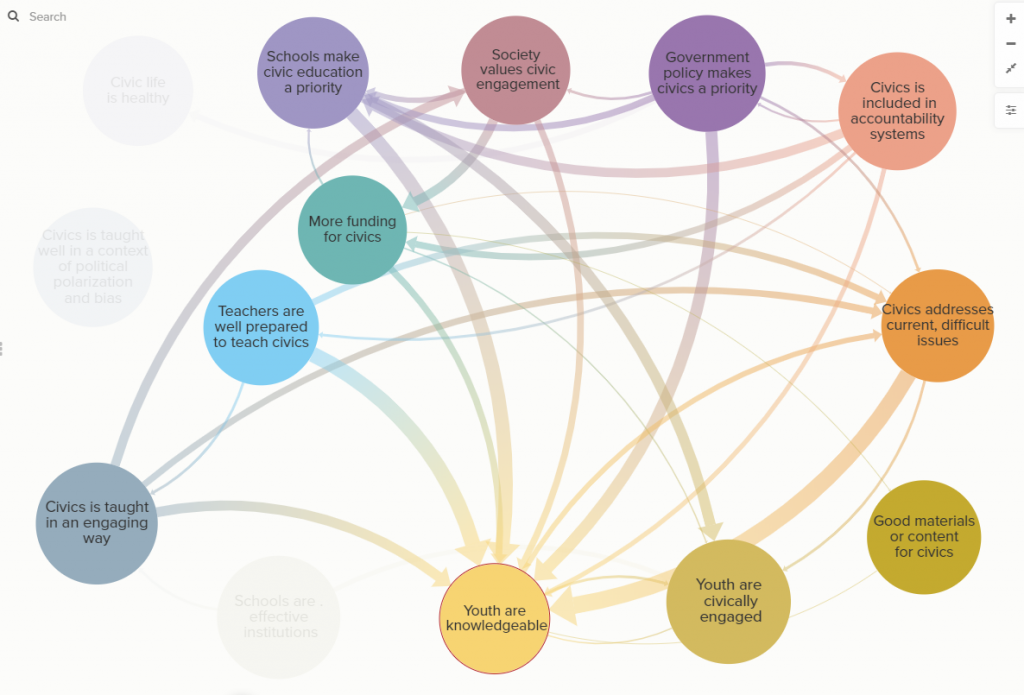
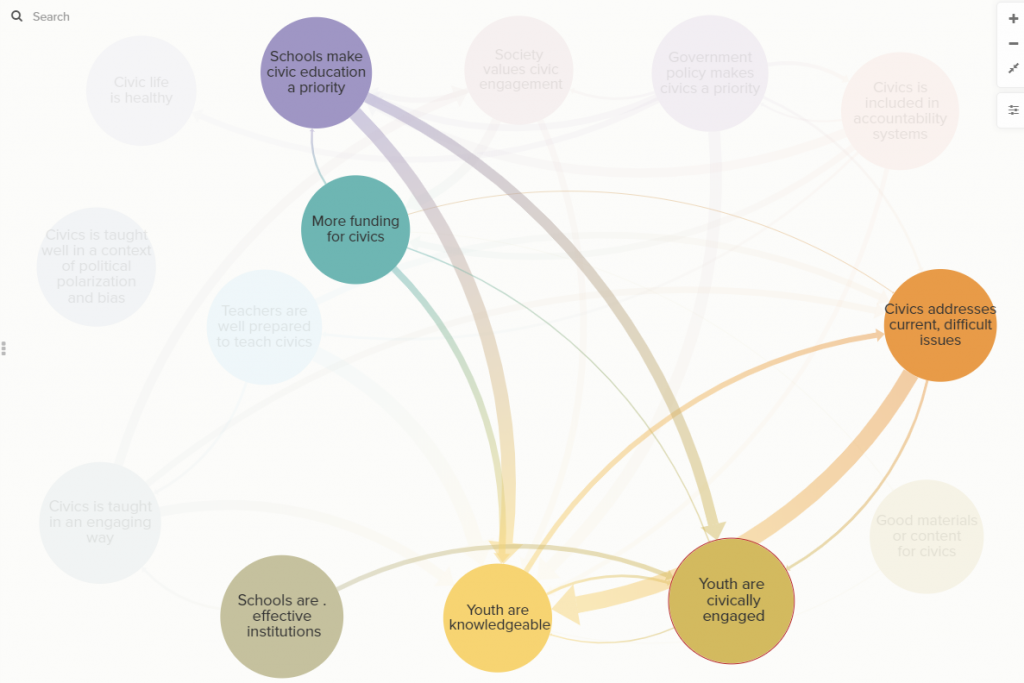
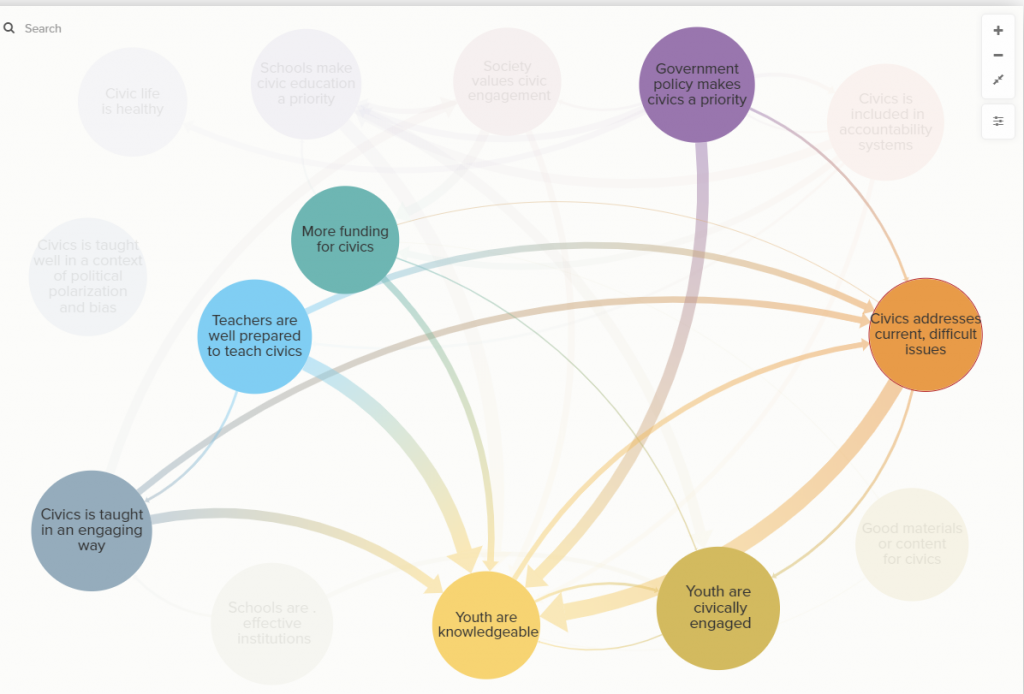
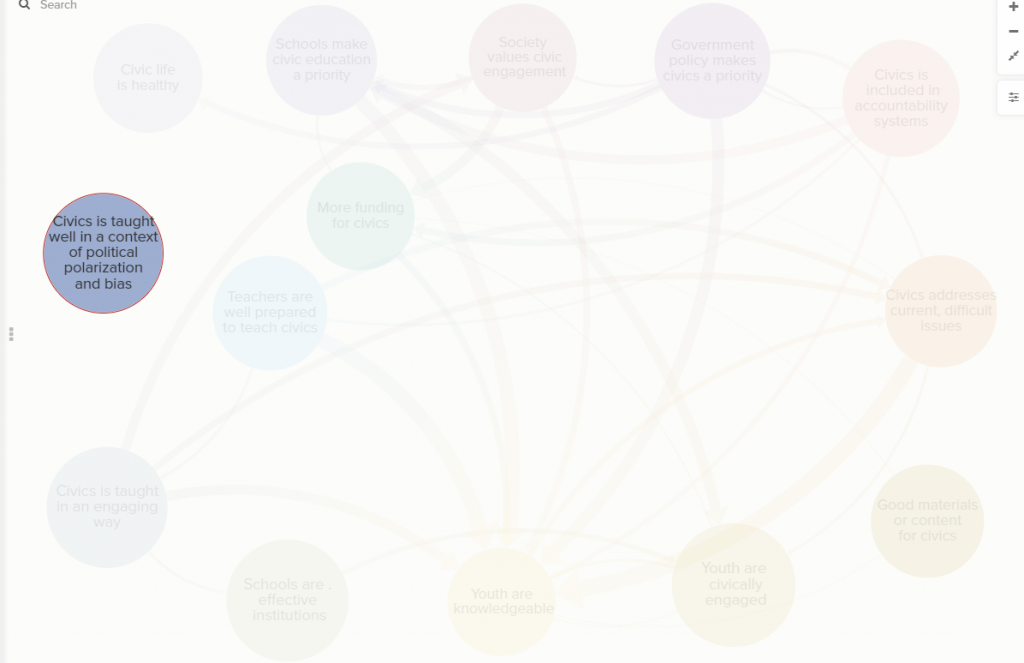
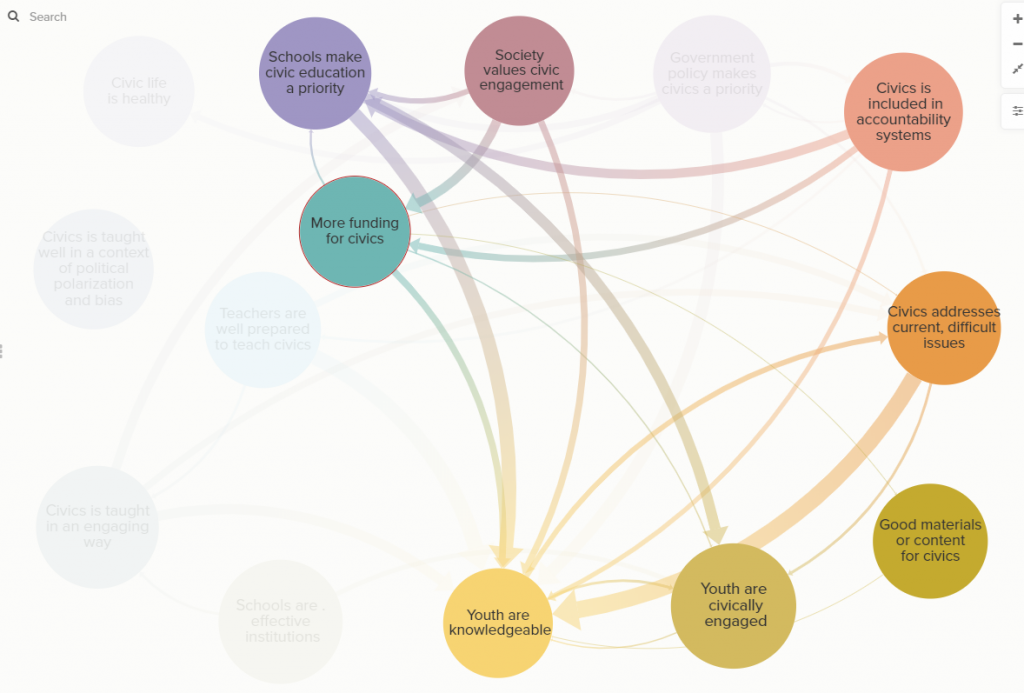
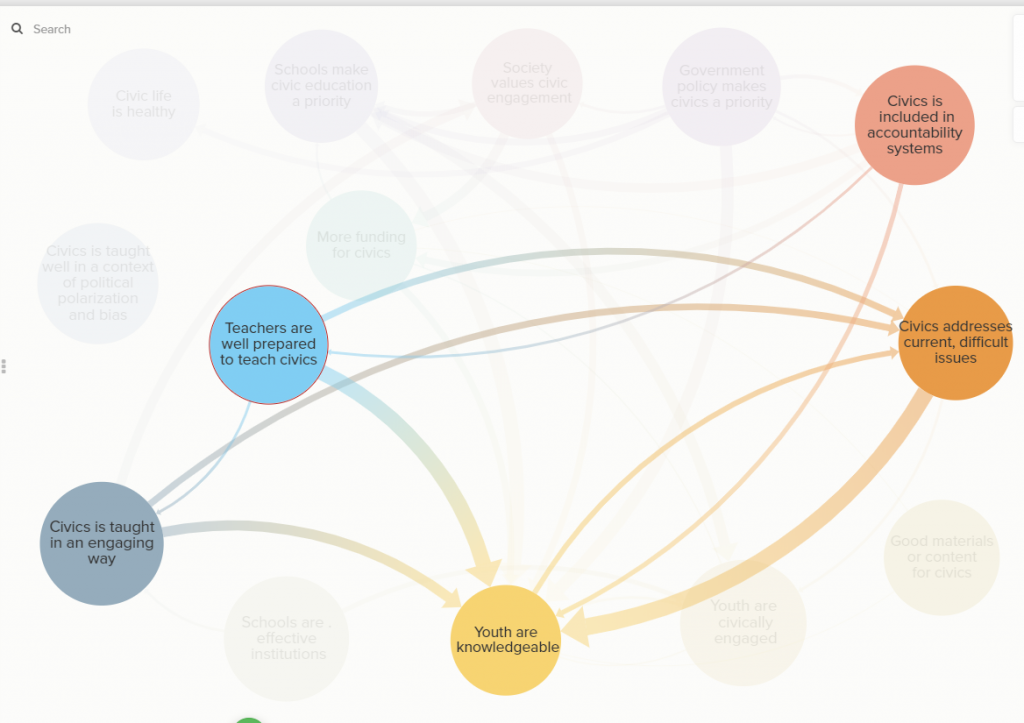
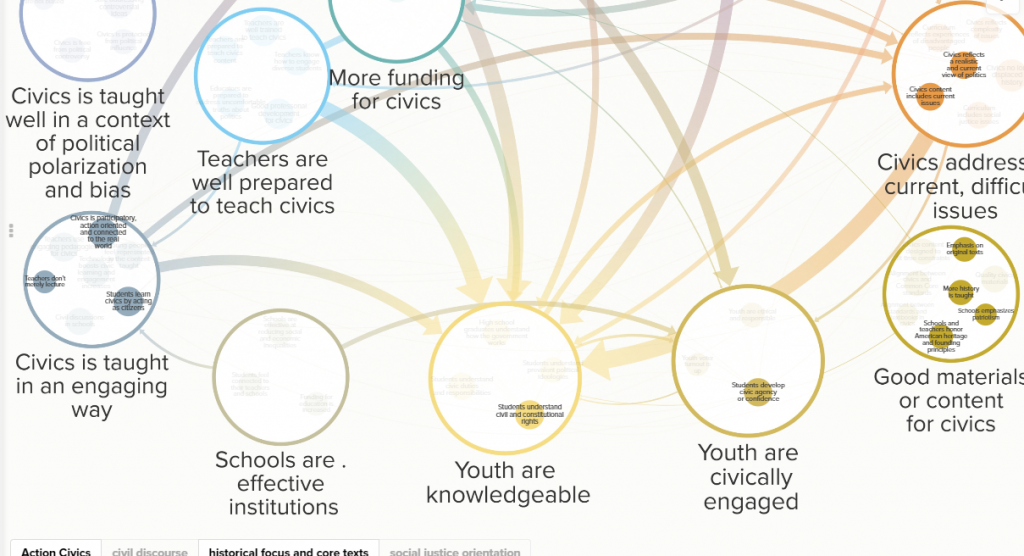
 Wednesday, January 30th
Wednesday, January 30th

 Friday, February 1st
Friday, February 1st On the call, Senator Unger shared how he focused on the community during his recent re-election campaign against a well-funded opponent who utilized negative attack tactics. Unger, instead of retaliating these attacks, stayed engaged with the community by asking them what they needed and explored with the community their solution recommendations. The senator emphasized the need to engage with community in a relational way, seeing peoples’ humanity and valuing their unique contributions, as opposed to a transactional, de-personalized way. Unger is part of the National Issues Forums Institute board and utilized the NIF discussion guides to explore community needs, perspectives, and values. He held various deliberative dialogue forums with the community, and even the debates were designed in a more deliberative manner.
On the call, Senator Unger shared how he focused on the community during his recent re-election campaign against a well-funded opponent who utilized negative attack tactics. Unger, instead of retaliating these attacks, stayed engaged with the community by asking them what they needed and explored with the community their solution recommendations. The senator emphasized the need to engage with community in a relational way, seeing peoples’ humanity and valuing their unique contributions, as opposed to a transactional, de-personalized way. Unger is part of the National Issues Forums Institute board and utilized the NIF discussion guides to explore community needs, perspectives, and values. He held various deliberative dialogue forums with the community, and even the debates were designed in a more deliberative manner.
 In case you’re not familiar, Susan is the founder of Common Knowledge Group, an organization with the mission of exploring and demonstrating more inclusive and innovative approaches to achieving sustainable social change. She works with state and local government agencies, nonprofits, foundations and businesses, often facilitating multi-sector collaboratives. New insights and possibilities generated by dialogue are the core of the work. Susan and her colleagues gravitate to projects that debunk the myth that the public is apathetic, that identify common ground on contentious issues and discover new resources hidden in plain sight in our communities. Check out their work at
In case you’re not familiar, Susan is the founder of Common Knowledge Group, an organization with the mission of exploring and demonstrating more inclusive and innovative approaches to achieving sustainable social change. She works with state and local government agencies, nonprofits, foundations and businesses, often facilitating multi-sector collaboratives. New insights and possibilities generated by dialogue are the core of the work. Susan and her colleagues gravitate to projects that debunk the myth that the public is apathetic, that identify common ground on contentious issues and discover new resources hidden in plain sight in our communities. Check out their work at